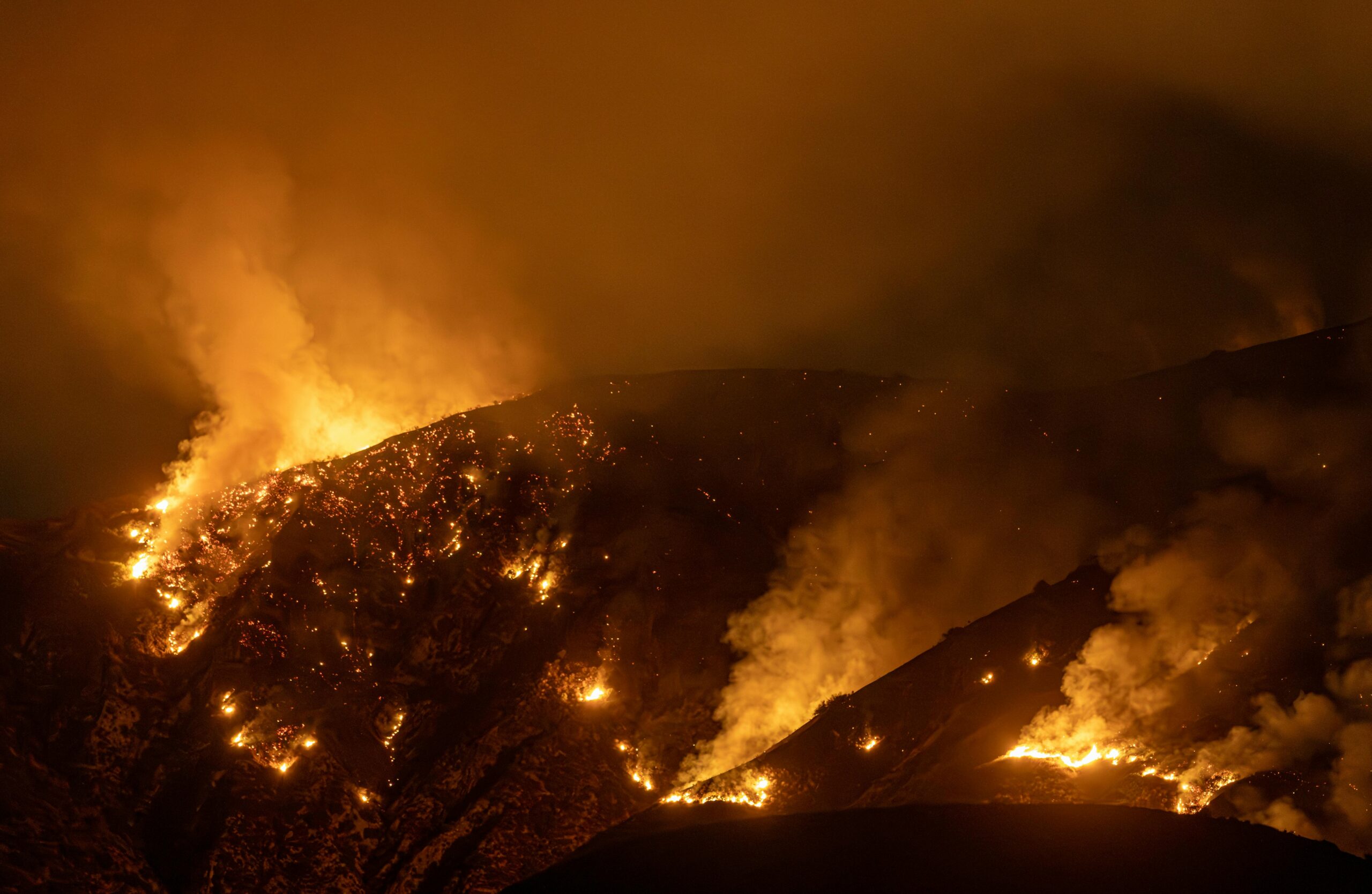A Courageous Community-Led Transition from Fossil Fuel Pollution — Let’s Make It Count!
California decision-makers still fail to meaningfully respond to oil spills, gas leaks, and the business-as-usual daily levels of fossil fuel pollution in our communities, homes, and workplaces. We are five years after the tragic natural gas blowout in Aliso Canyon, six years after the gas leak in Arvin, over a year from an oil spill in McKittrick, and every day millions of Californians experience significant, and damaging fossil fuel pollution. Most spills and leaks are never counted, measured, or assessed for their true costs to society, communities, families, and that impairs our needed transition away from these fuels.
Part of the state’s failed response to fossil fuel pollution is its refusal to add up the true costs and make those responsible pay for the staggering toll: Emergency room visits, lost school, lost work, lost cultural resources, medications, decreased quality of life, chronic illness, acute illness, and, sadly, loss of life. Consider also wildfires, sea level rise, erosion — quantifying the damage to the places we live, work and play isn’t required. Some say it’s too hard scientifically, some say it would cost too much, some say existing regulatory requirements are already too heavy and this is not a priority during a recession.
But we know that fossil fuel production and use in California continue to profoundly harm low-income, Black, Indigenous and people of color (BIPOC) especially. If we don’t measure the scale, scope and impact of this pollution, how do we begin to plan for an equitable transition that responds to the current and historic injuries of the fossil fuel economy in California? As Maya Angelou said in On the Pulse of Morning, Inaugural Poem (1993):
“History, despite its wrenching pain,
MAYA ANGELOU
cannot be unlived, but if faced
with courage, need not be lived again.”
Fossil fuel use and production are decreasing in California. California also set targets for renewable energy across our economy. But this transition continues to be dangerously slow.
How do we meaningfully face the devastation of the fossil fuel economy with courage and ensure a beneficial transition for overburdened, low-income, BIPOC communities?
Environmental justice communities, racial justice advocates, researchers, workers and decision-makers across the state are beginning to break down these big questions into planned, actionable, community-led strategies.
One place Greenlining and our environmental justice partners like the California Environmental Justice Alliance are working to answer these questions is the California Public Utilities Commission’s Long-term Gas Planning Proceeding. Recognizing that our standards for gas are “2000 and late” and were developed in a completely different California, the CPUC opened a discussion of what makes sense now for our gas infrastructure, safety rules and use in light of our rapidly changing climate and clean energy goals.
Greenlining approaches this conversation by surfacing the damaging history and present of gas use in California in our planning for our fossil free future. In addition to more pollution, low-income BIPOC communities disproportionately experience higher energy burdens from the gas system and have greater infrastructure needs due to historic redlining and disinvestment. These needs and their corresponding solutions, must be prioritized by the state and led by the communities themselves.
Through its participation in this proceeding, Greenlining aims to maximize the potential benefits from the state’s transition away from gas-fueled technologies for the overburdened low-income, BIPOC communities — benefits such as healthier air in our homes, healthier air in our communities, mitigating climate change, increasing access to beneficial technologies, lowering high energy bills and supporting the development of high-quality jobs.
We demand that California courageously plan for a community-led transition away from fossil fuels before the next disaster, and before the ongoing everyday disaster of our current energy system does more harm to so many Californians.
Mad Stano is Greenlining’s Energy Equity Senior Legal Counsel. Follow them on Twitter.


